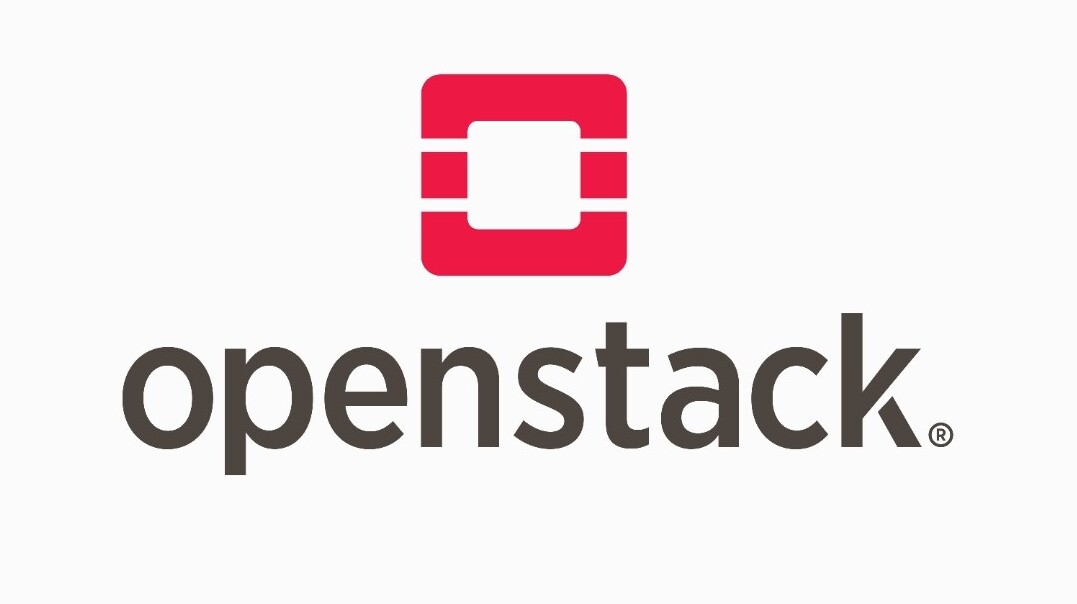Cloud Management is a process that allows administrators to control and manage all the products & services that run on a cloud. And cloud management platforms play a crucial role here, these are exceptionally sophisticated products that provide administrators with the necessary tools to manage cloud infrastructures properly. To this end; these platforms are able to manage a wide range of infrastructures, including private, public, and hybrid cloud environments. But choosing the right and best platform might be difficult for you so, to make your search quite easier, we are enlisting some of the best, the top 10 cloud management platforms with short and quick info about them.
1. IBM Cloud Orchestrator
IBM is already a very popular name, and in the same way, its Cloud Orchestrator, a cloud management platform that perfectly automates the provisioning of cloud services through various policy-based tools. With a user-friendly interface, this IBM solution is capable of handling public, private, and hybrid clouds.
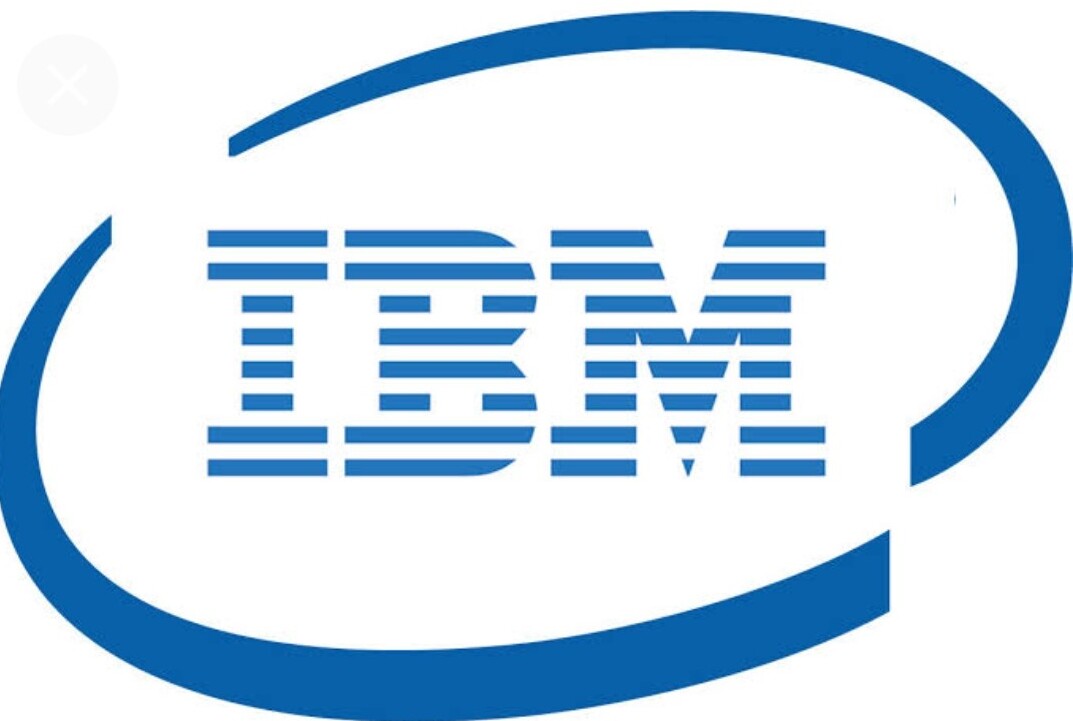
2. Scalr
Scalr is a great hybrid cloud management platform that is best at automation and self-service. Using Scalr, the administrators can quickly & easily deploy various applications across multiple cloud environments through automation in a standard & cost-effective way. It also has a policy engine that is capable of enforcing conditional policies automatically.
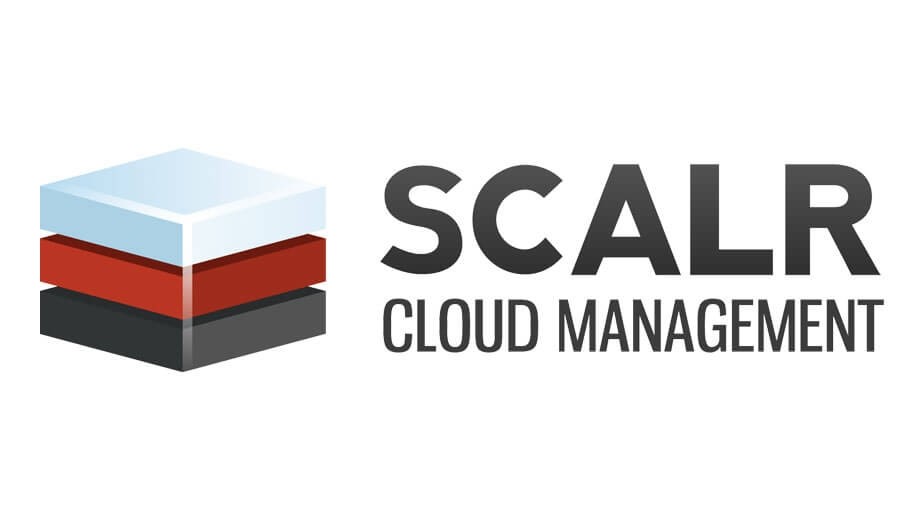
3. Abiquo
Abiquo is another hybrid cloud management solution that offers complete functionality to manage, track, and secure cloud computing resources. It is capable of handling both private and public cloud infrastructures, including self-service, cloud bursting, and auto-scaling. With this platform, you can easily control cloud resources, secure infrastructure, and manage expenses while keeping productivity high.

4. Mist
Mist is one of the best open-source multi-cloud management platforms. It aims to make multi-cloud simple and to provide a single interface from which you can quickly manage everything. Mist supports all the famous infrastructure technologies, including public clouds, private clouds, hypervisors, bare-metal servers, etc. It comes in three editions, namely Mist Enterprise Edition, Mist Hosted Service, and Mist Community Edition.
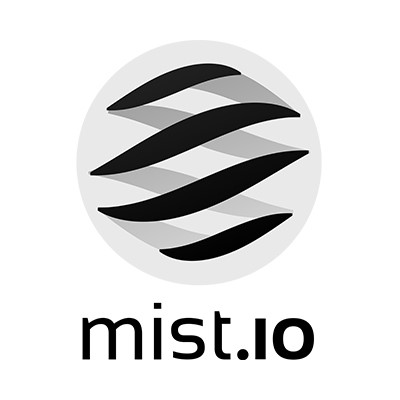
5. CloudCheckr
CloudCheckr is a good cloud management platform that mainly focuses on cloud security, cost management, and resource utilization. The cloud management platform generates a complete picture of their entire environment with solutions that include cost optimization, cloud billing, cloud security, finance management, cloud automation, and total compliance.
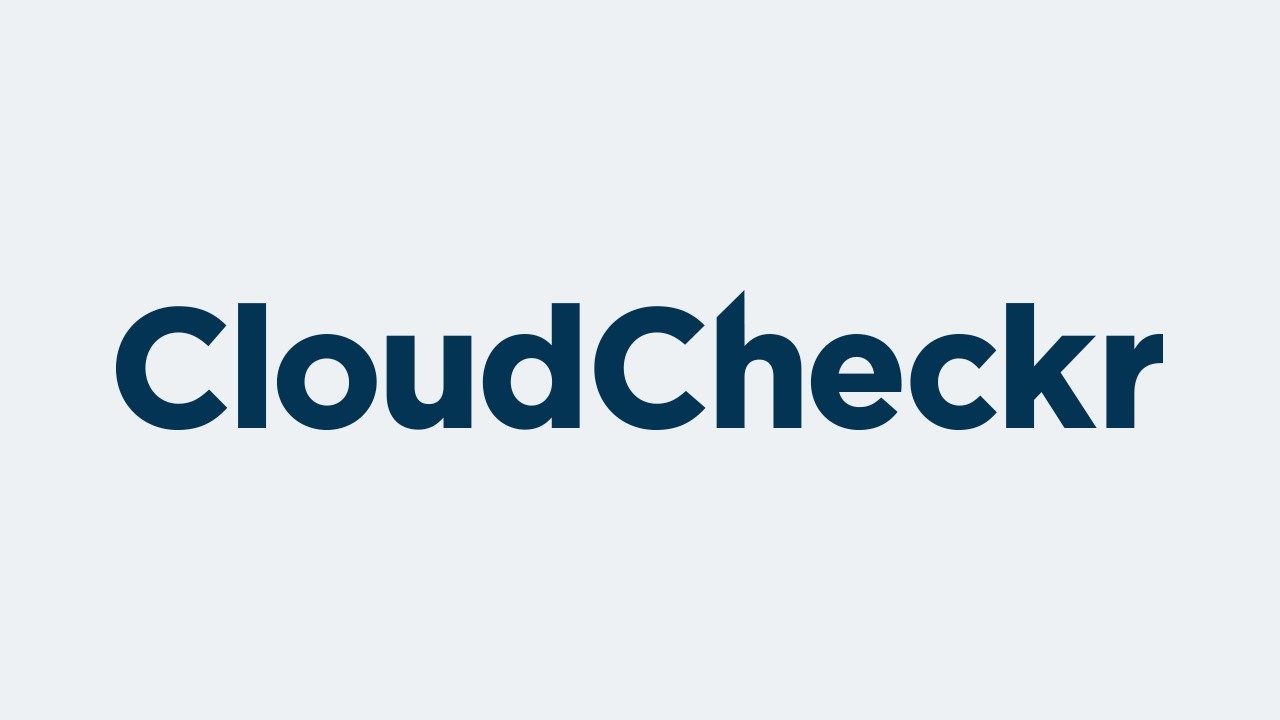
6. CloudHealth
CloudHealth cloud management platform by VMware is also a great platform that permits users to analyze & manage cloud cost, usage, security, and governance. CloudHealth allows users to leverage dynamic multi-cloud reports & custom dashboards, monitor enhancement in cloud spending, customize security policies across business units, and fully maintain control through custom policies & workflows.
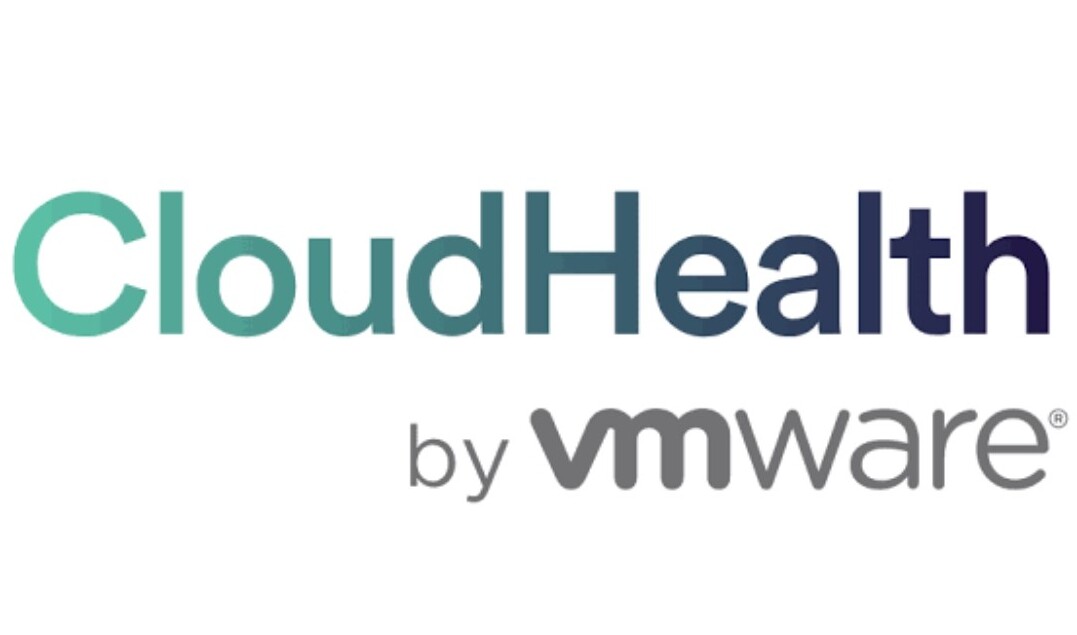
7. Centilytics
Centilytics is a fantastic cloud management platform that permits users to manage their multi-cloud infrastructure. This platform is further divided into five products, where each product handles a specific cloud management capability. All in all, it can be the best cloud management platform for you.

8. Red Hat CloudForms
It is a cloud & infrastructure management platform that permits IT departments to control users’ self-service capacities to provision, manage, and ensure compliance with virtual machines & private clouds. Red Hat CloudForms also enables users to discover, monitor, and track private cloud & virtual resources.

9. Flexera
Flexera is one of the powerful cloud management platforms that help companies manage & govern across public & private clouds. It offers abilities for discovery, orchestration, automation, template-based provisioning, operational monitoring & management, governance, etc., for several public & private clouds. This platform also supports Google Cloud Platform, Amazon Web Services, Microsoft Azure, and more.

10. OpenStack
It is an open-source, highly scalable, and easy-to-use cloud management platform that allows users to create public & private clouds. It works well with heterogeneous networks and is intended for deployment as an IaaS (Infrastructure as a Service) in organizations. OpenStack also supports third-party application integrations, legacy system migrations, and more.
